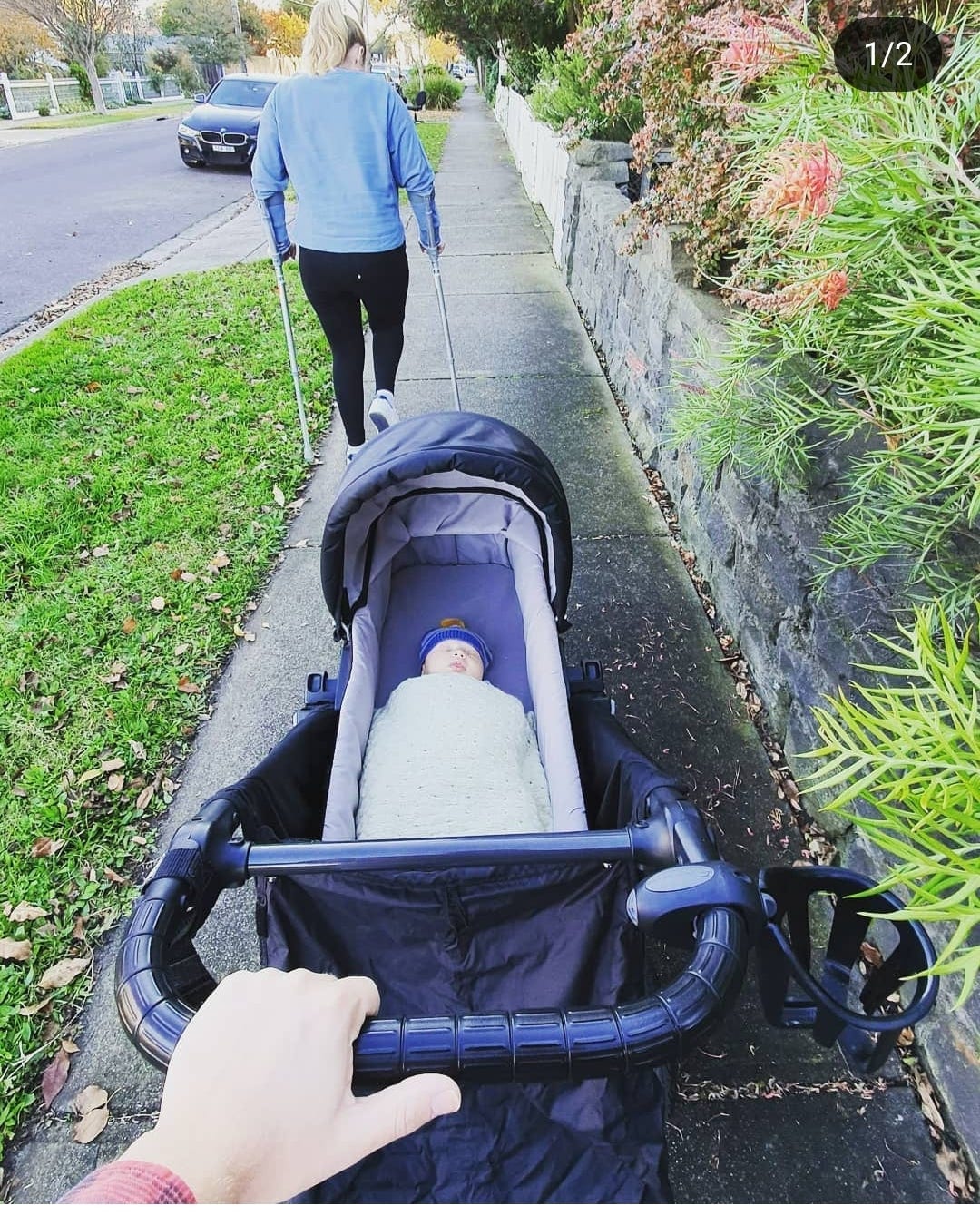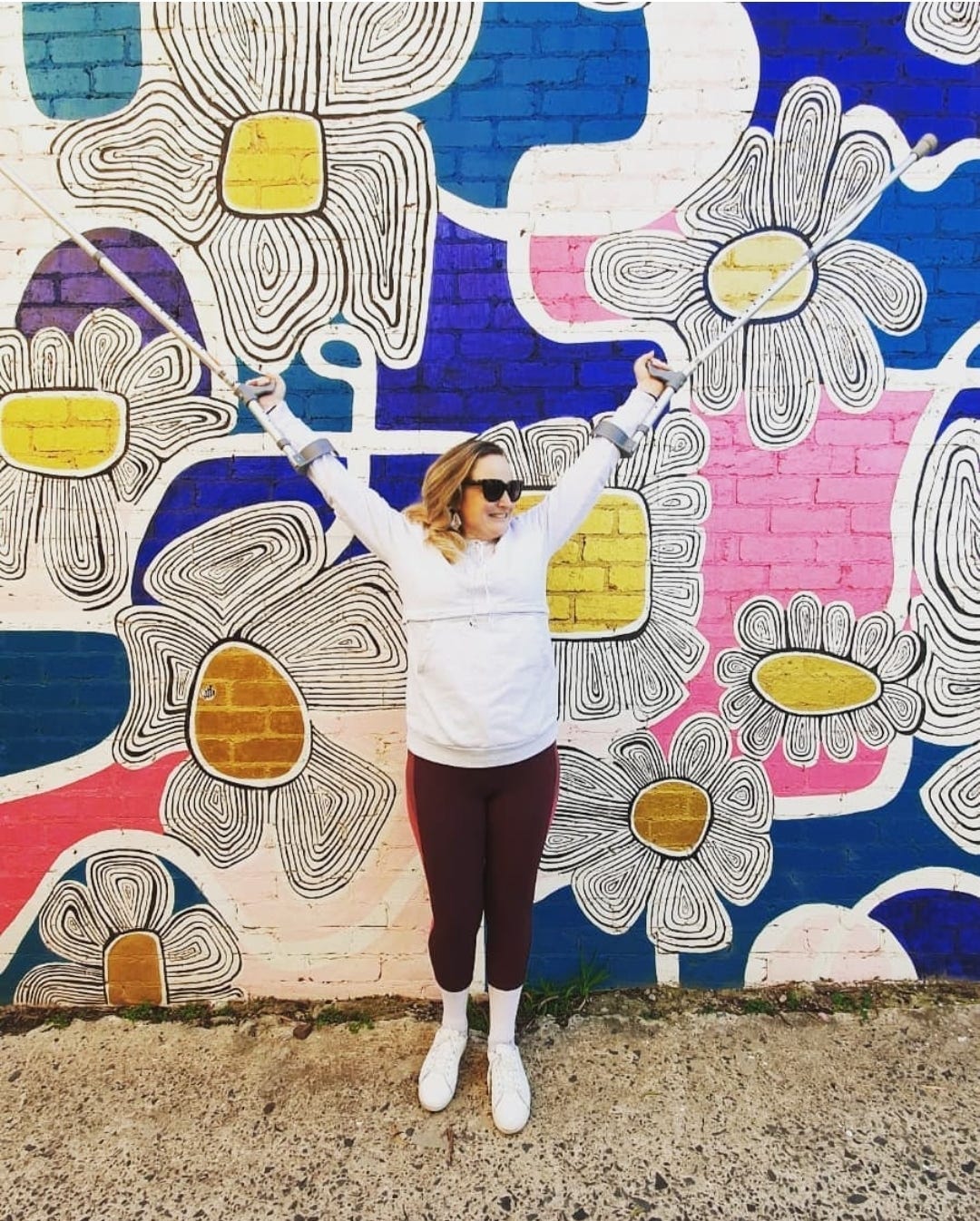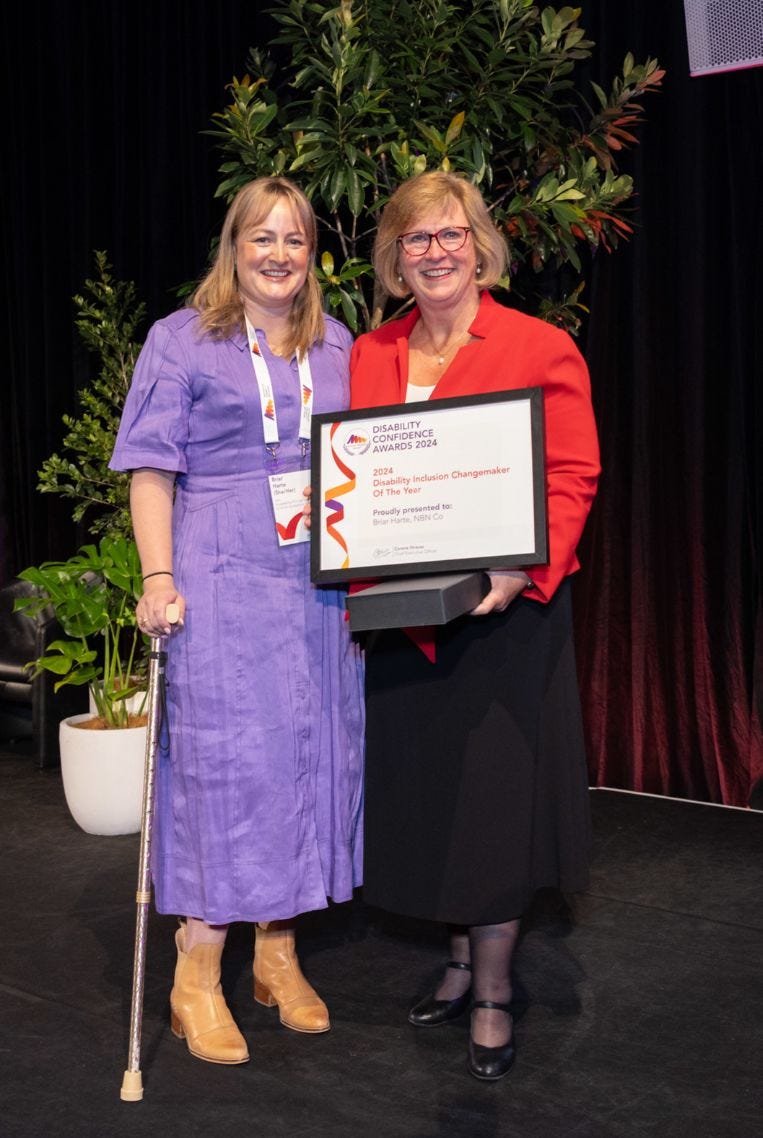Disability Origin Story - Part Two.
Reconciling with Internalised Ableism, Unlearning Shame to Return to Work and Become an Advocate
Even five years later, the memories of those early days can bring involuntary tears to my eyes. There were moments I coped well, moments I broke apart, and moments I couldn’t tell the difference.
I never set out to be an advocate. Like many others, I became one by accident - first in small and safe spaces, then with growing conviction. I was propelled to share to give others the confidence to self-advocate. I didn’t think about the future or the risks; I felt a driven to connect. And each time I shared my story, someone else said, “I can ask for that too”.
In this edition, I’ll zoom out from the crisis and share the beginning of meaning-making, an accidental shift from coping privately to leading publicly.
Advocacy became connection and action.
The emotional aftermath
I am, by nature or experience, a stoic person. I 'cope' well when things are hard by chunking things down (usually time-wise), by contextualising (the baby is healthy and safe), by talking to my closest friends and family (thank God for the internet), and actively choosing to frame experiences in an empowering way
So I got through the final stages of pregnancy and those first few days with these tried-and-tested tools. Cool. Cool, cool, cool
But not without scars
And not without tears on reflection
At the time, I didn't fully understand how to process what had happened. No one else was talking about disability and birth - it was another example of feeling alone.
Going back to work
I went back to work when Thea was five months old, and again found myself well-supported, leveraging existing policies to find a safe and sustainable path back to full-time work.
Maintaining employment and growing my career defies the statistics around disability employment. For people with a disability, these experiences often lead to a temporary, then permanent, exit from the workforce. Many of us never return to work or pursue our careers after each medical setback. We experience under and unemployment at twice the rate of not yet disabled people. Our labour force participation rate is 30 percentage points lower than that of those not yet disabled (53% vs. 84%), a statistic that has barely shifted in decades.
Since then, I have shared my story to empower.
When I returned to work, I also chose to share my experience. This was the first time I’d talked about my disability at work. The shame of the impact disability had on my work life was replaced by wanting others to know what they could ask for at work and what to expect in the medical system.
That moment of sharing led to someone saying thanks, and how they felt less alone in their disability pregnancy journey. And so I retold the story, and then I spoke at an all-company International Women's Day event, took on co-leading the Accessibility Employee Reference Group, and presented to the executive committee about my disability experience at work. Each step led to another opportunity - leading an Accessibility and Inclusion program, setting up an Inclusive Design Practice and even winning an award for disability inclusion.
It is a story of the power of vulnerability with a few key lessons along the way.
Unlearning Prompts.
Why do so many of us become accidental advocates - and what would systems look like if they didn’t rely on personal courage to evolve?
Why is vulnerability still seen as unprofessional when it’s often the source of leadership?
What workplace policies could be used in adjacent ways to support disabled parents? How can we make the use of these policies visible?
How does storytelling shift organisational understanding—and outcomes—for accessibility and inclusion?
Mostly Unlearning
My story isn’t unique. It’s one of many quietly held experiences, often unseen as people navigate a world often not made with them in mind. Sometimes we speak up because we have to. Sometimes we stay silent because we’ve learned it’s safer. Both are acts of survival. I didn’t plan to become an advocate yet here I am.
Whether you’re here as a colleague, designer, leader, policymaker, or customer advocate, thank you for unlearning with me.
The habit of inclusion is underpinned by learning and unlearning. Mostly unlearning.
One of the core tenets of Mostly Unlearning is that our systems shouldn't rely on individual bravery, but they often do. And when they do, it's disabled people who carry the heaviest load.
Join the unlearning.
My work is geared towards shifting these systems, to take the pressure off people alongside commercial outcomes. You can subscribe to learn with me. I'll share what I learn (and unlearn) about accessibility, inclusion and disability. Together, we will consider the implications for impactful commercial and human outcomes.




